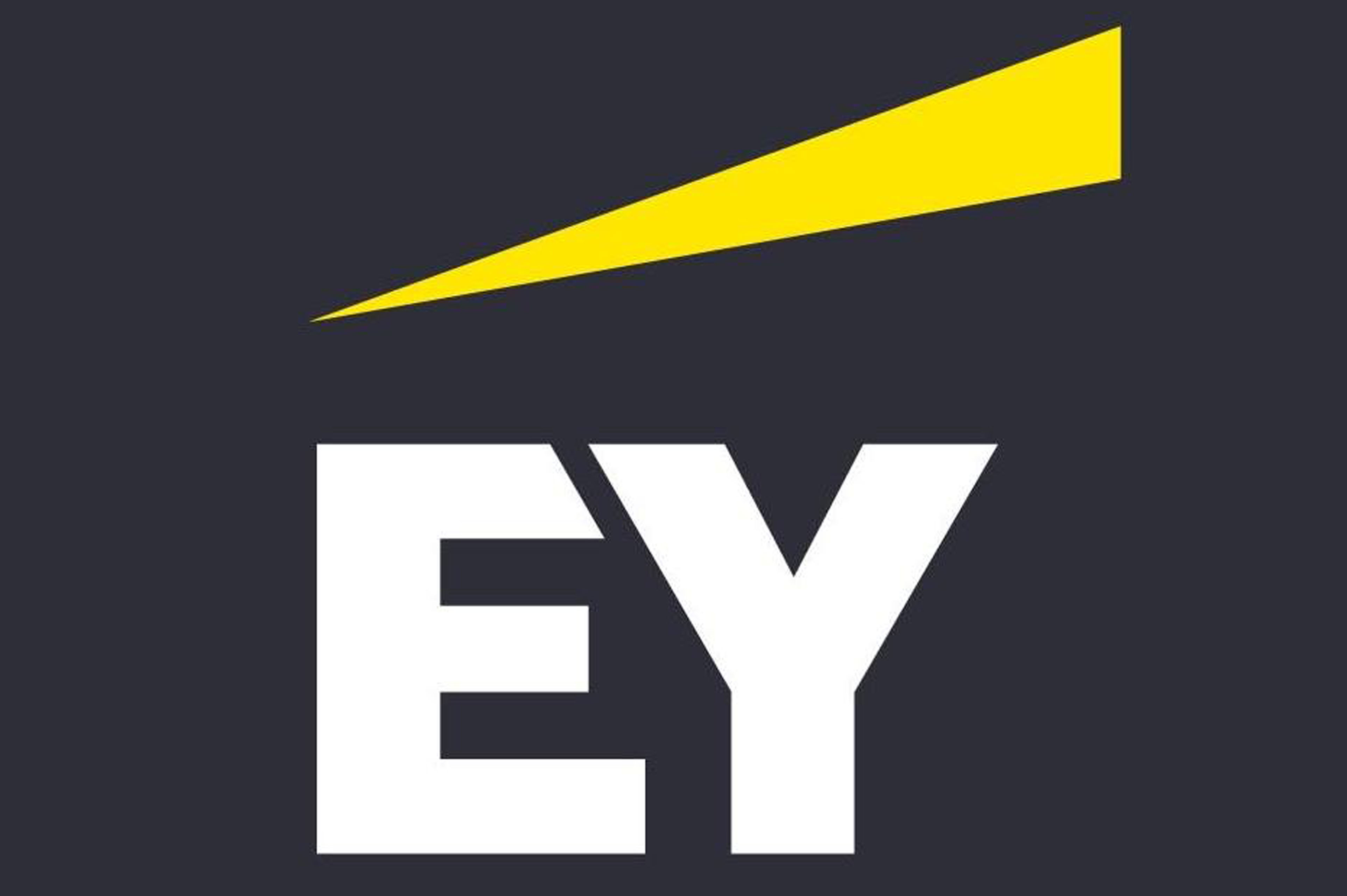EY se refiere a la organización global, y puede referirse a una o más, de las firmas miembro de Ernst & Young Global Limited, cada una de las cuales es una entidad legal independiente. Ernst & Young Global Limited, una compañía británica limitada por garantía, no brinda servicios a los clientes.

On December 27, 2022, amendments to the Omnibus Tax Rules (RMF) were published on the Official Gazette, which are applicable starting on January 1, 2023.
Within such amendments stands out the obligation to certain taxpayers for keeping volumetric controls of hydrocarbons. This obligation shall be applicable, among others, to individuals and entities that have fixed facilities whereby natural gas is received for self-consumption, except for residential natural gas users which are exempt.
While the 2022 RMF already provided the applicability of the obligation for individuals and entities that undertook self-consumption of the hydrocarbon, prior to the entry in force of the abovementioned amendment, the RMF established as an indispensable requirement that the taxpayers subject to the provision were those with natural gas storage in their facilities.
Consequently, by means of the amendment to Section VI of Rule 2.6.1.2. of the RMF for 2023, the Mexican Tax Authorities (SAT) clearly provide that consumers utilizing natural gas as part of their industrial procedures and which have fixed facilities whereby the hydrocarbon is received, must comply, as part of their obligations to keep accounting records for tax purposes, the requirements described below and which involve, among others, the generation and submission of monthly reports before the Mexican Tax Authority (SAT), no later than the third day of the second month to which the report is being presented.
Failure to comply with the obligation to keep volumetric controls in terms of the Federal Tax Code (FTC), the RMF and its Appendixes 30, 31 and 32, may trigger significant sanctions to taxpayers, including penalties, temporary restriction of stamps for invoicing, determination of presumptive income by the SAT, and, on a worst-case scenario, criminal consequences.
Obligation to install measuring devices and software to keep volumetric controls
Rule 2.6.1.4. of the RMF provides as an obligation applicable to taxpayers that have fixed facilities whereby natural gas is received for self-consumption, to install measuring devices and software to keep volumetric controls which must comply with the following conditions:
- Allow the generation of volumetric records through measuring devices that comply the requirements and parameters set forth in Section 30.5 of Appendix 30 of the RMF.
- Allow the collection and storage, through a software: I) the records of measured volumes, II) the information related to the calorific power of the natural gas -obtained from the chromatography & density instruments-, and III) the information included in the digital invoices (CFDI) corresponding to the hydrocarbon’s acquisition.
- Allow the automatic processing of the above-mentioned information to generate daily and monthly volumetric controls reports, either in .xml or. json formats.
It is worth mentioning that in terms of Section V of Rule 2.6.1.4. of the RMF, as part of the volumetric controls’ obligations, taxpayers must ensure that both the measuring devices and the software to keep such controls, always operate correctly.
Consequently, any failure or abnormal condition in such components must be attended within a 72-hour period, and such event must be reported in the events log included in the daily and monthly volumetric controls reports, which in addition, shall be part of the accounting records of the taxpayer.
Certificates that validate the correct operation and functioning of measuring devices and software
As per Rules 2.6.1.2. and 2.6.1.4. of the RMF taxpayers that have fixed facilities whereby natural gas is received for self-consumption must also obtain certificates that validate the correct operation and functioning of the measuring devices and software to keep volumetric controls, considering the assumptions, terms and conditions set forth in Appendixes 30 and 31 of the RMF.
For such purposes, the verification of both the measuring devices and the software shall be performed by an independent third party authorized by the Mexican Accreditation Entity (“EMA”, per its acronym in Spanish), by which the compliance of the technical and functional specifications provided in Appendix 30 of the RMF must be reviewed.
The certificate in question must be obtained on a yearly basis, no later than September 30, and must be issued on a .pdf format, as well as on an .xml or .json file that complies with the specifications published for such purposes on the SAT’s Webpage. Such certificate must also be submitted before the authorities as ruled in Form 283/CFF of Appendix 1-A of the RMF.
Natural Gas Quality information
Rule 2.6.1.4. of the RMF indicates that the taxpayers in question must also obtain the information related to quality of the natural gas, in particular is the calorific power and composition from chromatography & density instruments.
Please note that the same Rule provides that such taxpayers must provide such information to their vendors or clients, as applicable, considering for such purposes the following conditions set forth in Appendixes 30 and 32 of the RMF:
a. The information must be obtained/provided for each batch of natural gas consumed, understood as such, a product with “determined properties”, delivered on a continuous basis by an individual or entity.
b. The information related to the calorific power must be expressed in mega joule/cubic meter.
The information obtained within the period and conditions before mentioned shall also be included in said daily and monthly reports.
Daily and monthly reports of volumetric information
In terms of article 28 of the FTC and Section VI of Rule 2.6.1.4. of the RMF, taxpayers that have fixed facilities whereby natural gas is received for self-consumption must generate on a daily and monthly basis reports of volumetric controls, which shall include:
- Volumetric measurement obtained from the measuring devices, which shall be installed on the points whereby the hydrocarbon is received.
- Electronic invoice or customs declaration data associated to the hydrocarbons acquisition.
- The information related to the natural gas quality obtained from the chromatography & density instruments (which may be obtained from the product supplier).
- Information from the certificates that validate the correct operation and functioning of the measuring devices and software.
While the reports must be generated and kept daily as part of the accounting records of the taxpayer, monthly reports must be generated and submitted before the SAT in the terms provided in Rule 2.8.1.6. of the RMF; this is, no later than the third day of the second month to which the report is being presented.
In terms of the RMF and its Appendix 30, the reports in questions must be generated in an .xml or .json file, attending for such purposes to specific Guidelines published by the SAT on its webpage on March 2022.
Notices to the SAT
Finally, please note that as part of the volumetric controls’ obligations Section IV of Rule 2.6.1.4. of the RMF subject taxpayers must also submit certain notices before the SAT in the terms set forth in Form 283/CFF “Notices of volumetric controls” of Appendix 1-A of the RMF.
In the event of any doubt or for more information of this Alert, please contact the following:
Alfredo Álvarez
Rodrigo Ochoa
Yuri Barrueco
Mario Karim
Salvador Meljem
Francisco Chabaud
José Fano
Salvador Ugalde
Pablo Cobo
Iris Pineda



